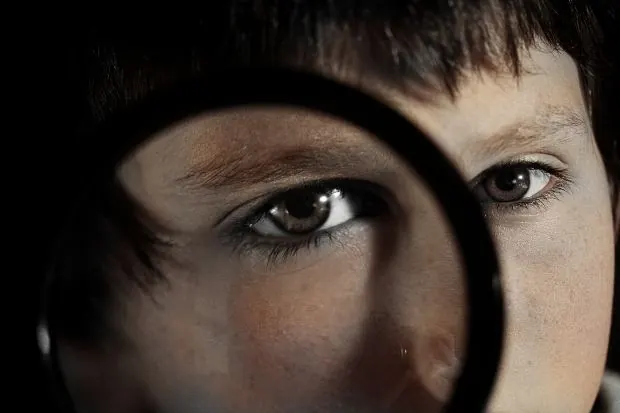
Pediatric Traumatic Brain Injuries
Pediatric Traumatic Brain Injuries I’m Ed Smith, a Sacramento Traumatic Brain Injury Lawyer. Pediatric Traumatic Brain Injuries can be devastating. Science is just now beginning…
Edward Smith
December 14, 2015
Posted In: Brain Injury
Posted In: Personal Injury
Tagged: pediatric brain injuries
Tagged: pediatric injury
Tagged: Pediatric Traumatic Brain Injuries
Tagged: Sacramento Pediatric TBI Lawyer
Tagged: Sacramento tbi attorney
Tagged: Sacramento tbi lawyer
Tagged: Sacramento Traumatic Brain Injury Attorney
Tagged: Sacramento Traumatic brain injury lawyer

